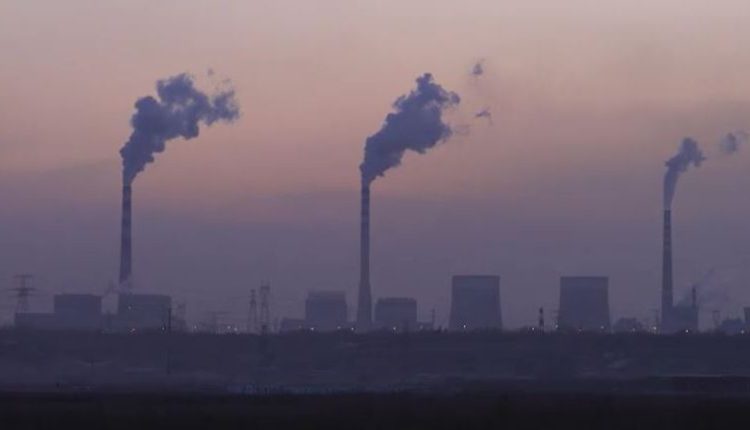China and India, two of the world’s largest countries economically, are among the most prominent countries that contribute to global warming emissions, with China ranked first and India ranked third. However, there is a dispute over the necessity of the two countries’ contributions to the Global Loss and Damage Fund.
According to a UN report from 2022, developing nations are required an annual amount exceeding $300 billion by 2030 for climate change adaptation.
The Climate Loss and Damage Fund was established in principle during the United Nations Climate Change Conference (COP27), which Egypt hosted last year, after years of disagreements between developed and developing countries.
The Fund’s objective is to offer financial aid to impoverished nations to tackle the adverse effects of climate change. This includes assistance for communities displaced due to rising sea levels and reconstruction efforts post forest fires.
However, the absence of financial commitments in the fund, the undisclosed details about its financiers and management methods have left several questions unanswered.
The United States, a developed country and the world’s second-largest emitter of greenhouse gases, says that China and India should join those countries not only in reducing emissions and taking meaningful global climate measures, but also contributing to financing the Fund.
However, China and India oppose, and their argument is that their high emissions levels are recent, compared to the historical emissions of developed countries such as the United States and the United Kingdom.
While China and India claim to be developing countries, as stipulated under the 1992 UN Framework Convention on Climate Change, and are therefore among the countries already entitled to receive money from the Climate Loss and Damage Fund to which they are required to contribute.
The two countries further said the climate crisis has been caused by greenhouse gas emissions from developed countries since the 1850s, when the industrial revolution period began.
They also cited the “common but differentiated responsibilities” principle in the United Nations Framework Convention on Climate Change, which essentially means that all countries bear responsibility for reducing greenhouse gas emissions, but their share of responsibility depends on the extent of their development needs, while many civil society and climate activists support this argument.
“Asking developing countries to contribute to the new fund on an equal basis with developed countries is morally wrong and involves evasion.”. said Leanne Schalatek, associate director at the Heinrich Boll Stiftung, a U.S.-based international organisation closely following the Loss and Damage Fund negotiations.
Developed countries argue that the current classification of nations as developed and developing, established in 1992, is outdated and needs revision. They pointed out that significant changes have occurred since then, particularly for countries like China and India, which have grown into some of the world’s largest economies and top greenhouse gas emitters.
Moreover, Michai Robertson, lead negotiator for loss and damage financing at AOSIS, said there is a “moral responsibility to engage with the fund” that must be met by major economies such as China and India.


